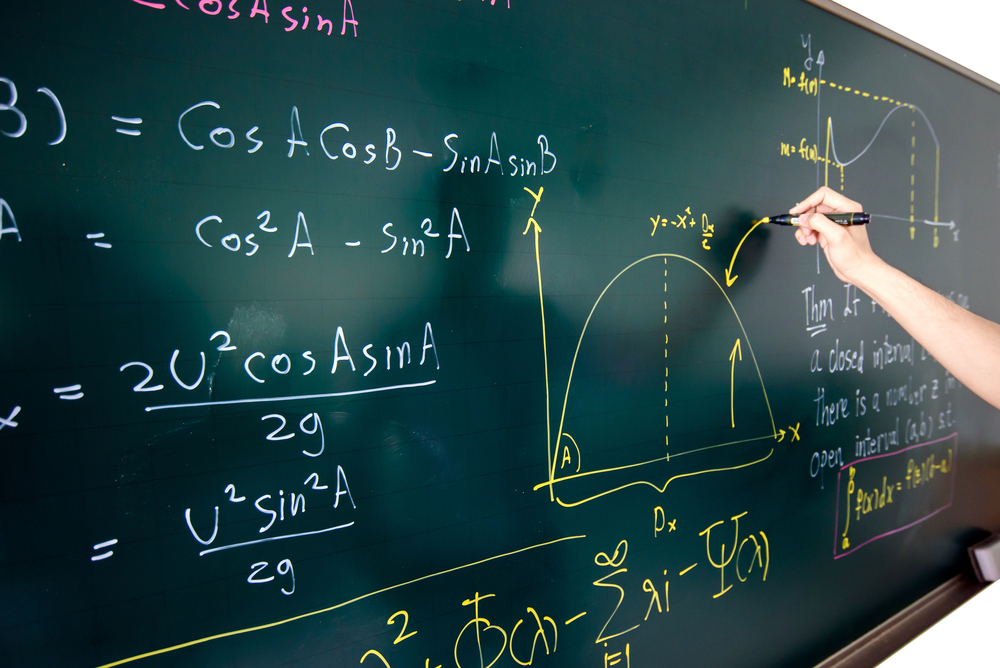Benefits of mental arithmetic:
- Mental arithmetic is an essential skill that is taught in mathematics education, as it helps students develop their mathematical abilities and problem-solving skills. It can be used to calculate tips, make changes, and produce quick estimates of costs and expenses.
- Students can also develop speed and accuracy in solving mathematical problems with mental arithmetic. This can be particularly useful in timed tests and exams, where students are required to solve problems quickly and accurately. By solving problems in their head, students can learn to think more critically and develop creative solutions to complex problems.
- Mental arithmetic can also help students improve their memory and concentration. By practicing mental arithmetic, students can improve their ability to focus and remember mathematical concepts and formulas.
Having strong mental arithmetic skills is an incredibly valuable asset for a variety of careers, especially in finance, accounting, and engineering. By improving their mental math abilities, students can expand their career options and open up opportunities for career advancement.
Engaging and interactive activities can be used to teach mental arithmetic to students. Games and puzzles, such as Math Bingo, Math Jeopardy, or Math Race, can be incorporated to make learning fun and enjoyable. By using these methods, students can develop their skills and sharpen their mental arithmetic abilities in an engaging and exciting way.
Instructing mental arithmetic skills at school
A study published in the Journal of Educational Psychology found that teaching mental arithmetic skills through games and puzzles can improve students’ attitudes toward math and their performance on math tests.
Teachers use real-world scenarios to help students practice their mental arithmetic skills. For example, teachers can pose problems related to shopping, cooking, or home improvement to help students practice mental arithmetic in a meaningful context.
Technology use is another method to make mental arithmetic more engaging for students. There are many apps and online games that can help students practice mental arithmetic in a fun and interactive manner. Teachers can encourage students to work together and collaborate on arithmetic problems that can help students develop their problem-solving skills while simultaneously making the learning process more engaging and interactive.
Teachers can make mental arithmetic more engaging and interactive for students through various methods such as games, puzzles, real-world scenarios, technology, peer collaboration, and hands-on activities. These techniques help students develop their mental arithmetic skills in an enjoyable and stimulating way.

Why having a mathematics education is key
According to a survey conducted by the National Numeracy organization in the UK, over 50% of adults lack basic mental arithmetic skills. This highlights the importance of teaching mental arithmetic skills in primary and secondary education.
Statistics reveal that teaching mental arithmetic skills is important for success in mathematics education, other subjects, and the workforce. By using engaging and interactive teaching methods, teachers can help students develop their arithmetic skills and improve their performance in math and other subjects.





